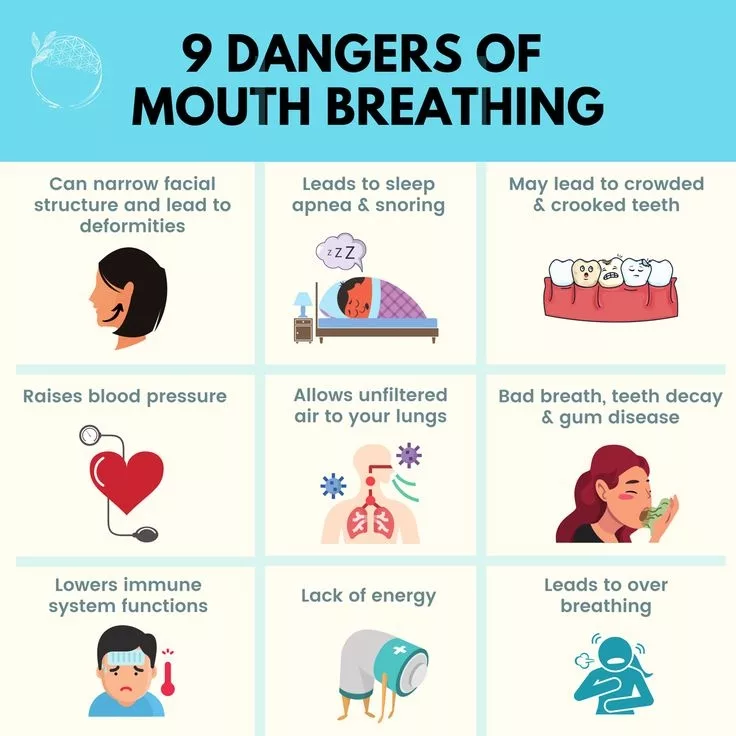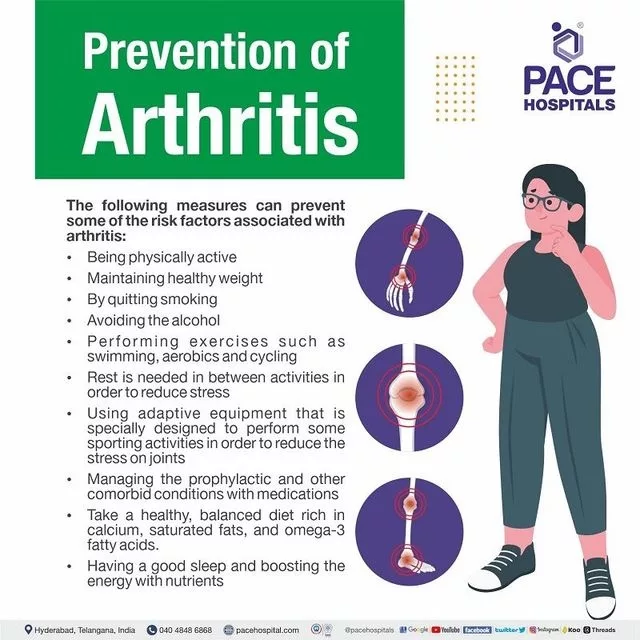Hyperthyroidism: Causes, Symptoms, and Weight Management Methods
Today, we’re going to talk about health-related issues. Are you familiar with hyperthyroidism? Hyperthyroidism is a condition where the thyroid gland is overactive, leading to an excessive increase in the body’s metabolism. In this session, we will discuss the causes, symptoms, and methods for managing weight in hyperthyroidism.

Understanding Hyperthyroidism Fundamentally
Hyperthyroidism occurs when the thyroid gland is overactive and secretes an excessive amount of thyroid hormones. This leads to an increased metabolic rate in the body and can cause various side effects. The thyroid plays a crucial role in our body by regulating energy production, controlling heart rate, and nerve signaling, hence hyperthyroidism can have serious effects.
Causes and Key Factors
Hyperthyroidism can be caused by various reasons and factors. The most common cause is an autoimmune disease, also known as autoimmune thyroiditis. Other factors include stress, genetic predispositions, and side effects of medications that can influence the onset of hyperthyroidism.
Common Symptoms and Early Signs
Hyperthyroidism can manifest a range of symptoms and early signs. Typical symptoms include rapid heartbeat, tremors, excessive sweating, and weight loss. Other symptoms may include fatigue, anxiety, and digestive issues. Recognizing these early signs and seeking timely treatment is crucial.
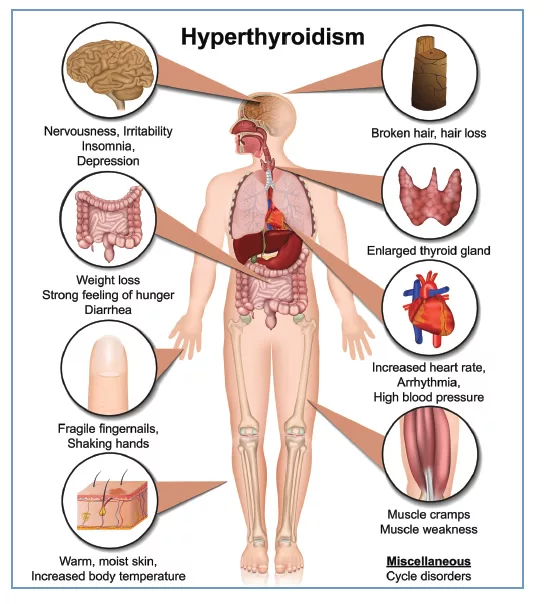
Essential Procedures for Accurate Diagnosis
Several essential procedures are necessary for accurately diagnosing hyperthyroidism.
Firstly, blood tests are conducted to check the levels of thyroid hormones (T3, T4) and thyroid-stimulating hormone (TSH). Additional tests such as ultrasound or radioactive iodine uptake tests might also be required. Consulting a specialist is advisable for an accurate diagnosis.
Weight Changes: The Relationship with Hyperthyroidism
Hyperthyroidism can affect weight changes. Most people tend to lose weight due to the increased metabolic rate leading to higher energy consumption. Therefore, managing weight changes caused by hyperthyroidism requires appropriate diet and exercise.
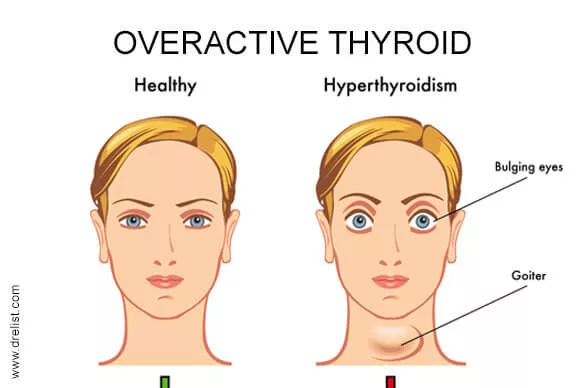
Management and Treatment Strategies in Daily Life
Effective management of hyperthyroidism involves following several strategies.
Regular medical check-ups and blood tests are crucial. Follow the doctor’s instructions for medication while monitoring weight changes and symptom improvement. Maintaining healthy eating habits and regular exercise is also important.

Dietary Adjustments for Weight Management
To manage weight changes caused by hyperthyroidism, dietary adjustments are necessary. For those experiencing weight loss, considering a high-protein, low-carbohydrate diet might be beneficial. Eating regularly and maintaining proper satiety are important, as is controlling the type and amount of snacks and choosing healthy snack options.
Exercise and Weight Management: What Exercises Can Help?
Selecting the right exercises is important for managing hyperthyroidism and weight. Aerobic exercises can improve cardiovascular function and assist in weight loss, with walking, running, and swimming being good options. Muscle strengthening exercises can also increase metabolism. However, consulting a doctor before starting any exercise regimen is crucial.

Preventing Complications and Maintaining Long-term Health
Hyperthyroidism can potentially lead to complications, making prevention and long-term health maintenance crucial. Regular medical examinations, medication adherence, diet control, and appropriate exercise can help prevent complications. Stress management and adequate rest are also beneficial for health maintenance.
Hyperthyroidism FAQ: Frequently Asked Questions and Answers
- What causes hyperthyroidism?
- Hyperthyroidism is most commonly caused by autoimmune diseases. Other factors such as stress, genetics, and medication side effects can also contribute.
- What are the early signs of hyperthyroidism?
- Early signs include rapid heartbeat, tremors, excessive sweating, and weight loss. Symptoms like fatigue, anxiety, and digestive issues may also appear.
- What tests are needed to diagnose hyperthyroidism accurately?
- Blood tests for thyroid hormone (T3, T4) levels and thyroid-stimulating hormone (TSH) are necessary. Additional tests like ultrasound or radioactive iodine uptake tests may also be required.
- How can weight changes due to hyperthyroidism be managed?
- Managing weight changes requires appropriate diet and regular exercise. Considering a high-protein, low-carbohydrate diet and choosing the right exercises are advisable.
- Can hyperthyroidism lead to complications?
- Hyperthyroidism can lead to complications, making prevention and long-term health maintenance important. Regular check-ups, medication, diet control, and exercise can help prevent complications.
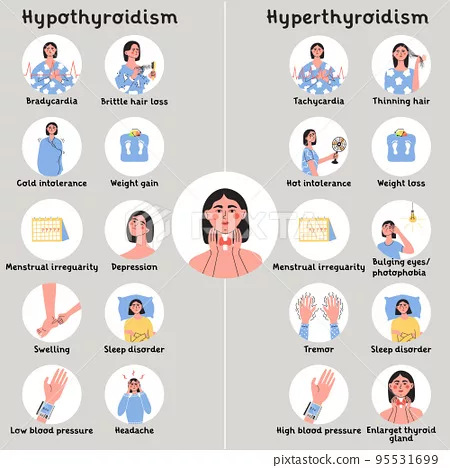
This concludes our discussion on hyperthyroidism and methods for managing weight. Early detection, proper treatment, and management are vital for maintaining health. If you experience symptoms of hyperthyroidism, seeking professional help is essential. Consistent management and care are necessary for a healthy life.



